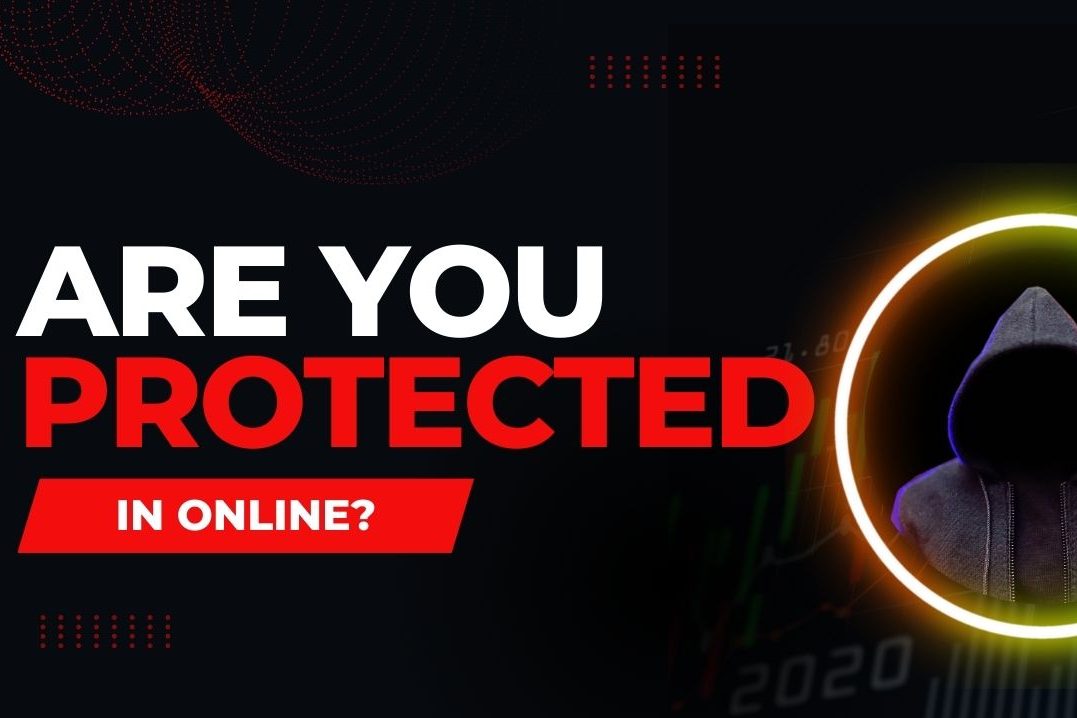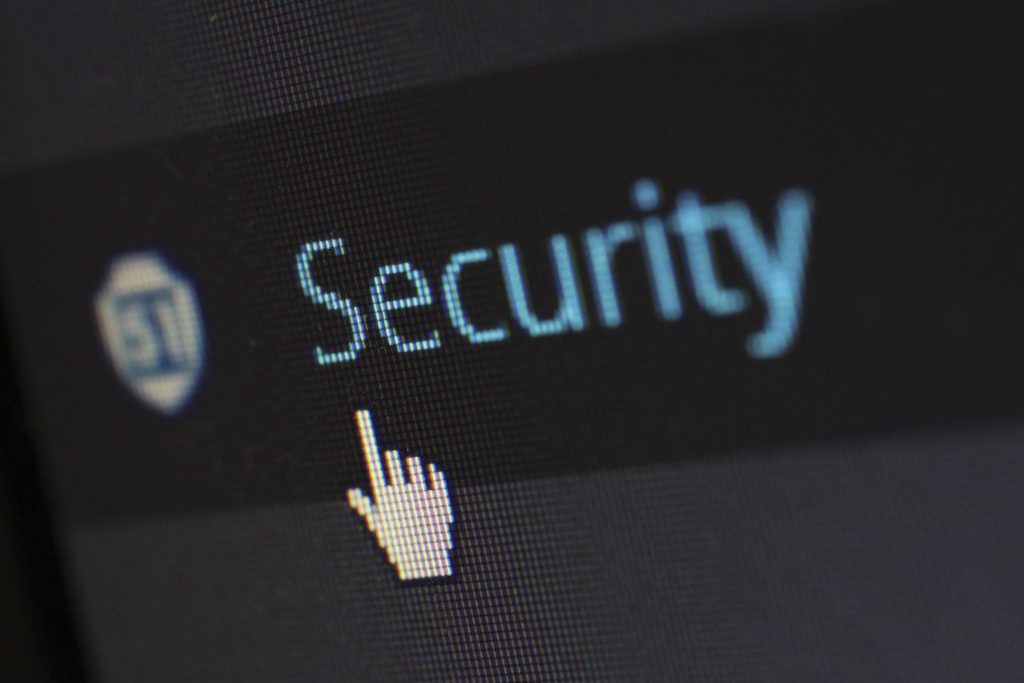
Online Privacy 101: How to Protect Your Personal Information
Your personal information is valuable, and there are many people and organizations out there who are eager to get their hands on it. Whether it’s hackers trying to steal your data or companies looking to monetize your data, online privacy is an increasingly important issue.
In this blog, we’ll discuss what online privacy is, why it’s important, and how to protect your personal information online.
Table of Contents
What is Online Privacy?
Online privacy is the ability to control who has access to your personal data and information. It’s about being able to decide who can see your data, and what they can do with it. It’s also about having the right to choose which companies can access your data and how they can use it.
The concept of online privacy is closely related to data protection, which is the process of ensuring that data is not misused or mishandled. Data protection is important as it helps to ensure that companies and organizations don’t misuse or abuse your personal data.
Why is Online Privacy Important?
Online privacy is important because your personal data is valuable and vulnerable to exploitation. Companies and organizations can use your data for marketing, profiling, or even selling it to third parties. Hackers can also use your data to access your accounts, steal your identity, and commit fraud.
Online privacy is also important because it gives you control over how your data is used. It allows you to decide who can access your data, and how it’s used. This helps to ensure that your data is being used responsibly and securely.
Common Online Threats
There are many threats to online privacy, but the most common ones are data breaches, passwords, encryption, two-factor authentication, social media, phishing scams, and online tracking.
Data breaches occur when a company’s or organization’s systems are hacked, and their sensitive data is leaked. Passwords are the most common form of authentication, but they can be easily guessed or stolen. Encryption is a process of transforming data into an unreadable format, making it more difficult for hackers to access.
Two-factor authentication adds an extra layer of security to your accounts by requiring you to enter a code sent to your phone or email.
Social media is a great way to stay connected, but it’s essential to be aware of the risks. Phishing scams are attempts to steal your personal information by pretending to be a legitimate company or organization. Online tracking is the practice of collecting data about your online activity for targeted advertising.
How to Protect Your Personal Information Online
Protecting your personal information online can be a daunting task, but there are a few simple steps you can take to make sure your data is secure.
The first step is to use strong, unique passwords for all your accounts. Using the same password for multiple accounts is a major security risk if one account is compromised, all the others will be too. It’s also important to use two-factor authentication wherever possible, as this adds an extra layer of security to your accounts.
Another way to protect your personal information is to use a Virtual Private Network (VPN). A VPN is a service that encrypts your data and routes it through secure servers, making it much more difficult for hackers to access. It’s also important to make sure that your computer and mobile devices are protected with up-to-date antivirus and antimalware software. You may also read what should you do after starting your online presence
How to Protect Your Privacy on Social Media
Social media is a great way to stay connected and share your life with friends and family, but it’s important to be aware of the privacy risks. To protect your privacy on social media, it’s important to be aware of the privacy settings on each platform. Make sure to adjust your settings so that only the people you want to see your posts can. It’s true, that there are so many ways to make money from social media. Especially on Facebook, Instagram, and YouTube methods to make money online. However, many people take advantage of this by scamming to collect data and misusing it.
That’s why It’s also important to think carefully before posting or submitting any forms or applications. Avoid posting personal information that could be used to identify you, such as your address, phone number, or bank details. It’s also important to watch out for phishing scams, as they are becoming increasingly common on social media.
How to Protect Your Privacy on Your Phone
Your phone is one of the most important devices for protecting your personal information. To protect your privacy on your phone, it’s important to use a passcode or biometric lock. You should also be aware of the apps you are downloading, and make sure to only download them from trusted sources.
It’s also important to use two-factor authentication wherever possible. This adds an extra layer of security to your accounts, making it much more difficult for hackers to access them. Finally, turn off location services when you’re not using them, as this can be used to track your movements.
How to Delete Your Online Identity
If you want to delete your online identity, the first step is to delete all of your accounts. This includes social media accounts, email accounts, and any other online services you use. It’s important to be aware that some services may not allow you to delete your account, or may keep a record of your data even after you delete it.

Once you’ve deleted your accounts, it’s important to clean up any remaining traces of your online presence. This includes removing any posts, photos, or videos you’ve shared, as well as any comments you’ve made. You should also search for yourself online and delete any information about yourself that you find.
Security Tools and Techniques for Protecting Your Online Privacy
There are a number of security tools and techniques that you can use to protect your online privacy. These include using a Virtual Private Network (VPN), two-factor authentication, encryption, and privacy settings.
A VPN is a service that encrypts your data and routes it through secure servers, making it much more difficult for hackers to access. Two-factor authentication adds an extra layer of security to your accounts by requiring you to enter a code sent to your phone or email. Encryption is a process of transforming data into an unreadable format, making it more difficult for hackers to access. And finally, privacy settings allow you to control who can access your data and how it’s used.
Tips for Protecting Your Online Privacy
Protecting your online privacy is a crucial part of staying safe online. Here are a few tips for keeping your data secure:
- Use strong, unique passwords for all your accounts.
- Use two-factor authentication wherever possible.
- Use a Virtual Private Network (VPN).
- Install up-to-date antivirus and antimalware software.
- Adjust your privacy settings on social media.
- Be careful what you post online.
- Turn off location services when you’re not using them.
- Delete any posts, photos, or videos you don’t want online.
- Search for yourself online and delete any information about you that you find.
5 Tips for Keeping You Safe Online
- Use strong, unique passwords for all your accounts.
- Use two-factor authentication wherever possible.
- Use a Virtual Private Network (VPN).
- Adjust your privacy settings on social media.
- Be careful what you post online.
Conclusion
Online privacy is an increasingly important issue, and it’s essential to protect your personal data from unauthorized access and misuse. There are a number of tools and techniques you can use to protect your online privacy, such as using strong passwords, two-factor authentication, a VPN, and up-to-date antivirus and antimalware software. You should also be aware of the privacy settings on social media, and be careful what you post online.
FAQ: Frequently Asked Questions
What is online privacy?
Online privacy is the ability to control who has access to your personal data and information. It’s about being able to decide who can see your data, and what they can do with it.
Why is online privacy important?
Online privacy is important because your personal data is valuable, and it’s vulnerable to exploitation. Companies and organizations can use your data for marketing, profiling, or even selling to third parties. Hackers can also use your data to access your accounts, steal your identity, and commit fraud.
How can I protect my personal information online?
The best way to protect your personal information online is to use strong, unique passwords for all your accounts, use two-factor authentication wherever possible, use a Virtual Private Network (VPN), and install up-to-date antivirus and antimalware software.
How can I protect my privacy on social media?
To protect your privacy on social media, it’s important to be aware of the privacy settings on each platform and adjust them accordingly. It’s also important to think carefully before posting and avoid posting personal information that could be used to identify you.
Tag:how to protect privacy, how to protect privacy on a phone, how to protect privacy on your phone, how to protect your privacy, how to protect your privacy on social media, how to protect your privacy online, how to protect yourself on social media, how to protect yourself online, online privacy, online security, personal information, privacy, protect online privacy, protect personal information, protecting personal information, protecting your personal information online





1 Comment